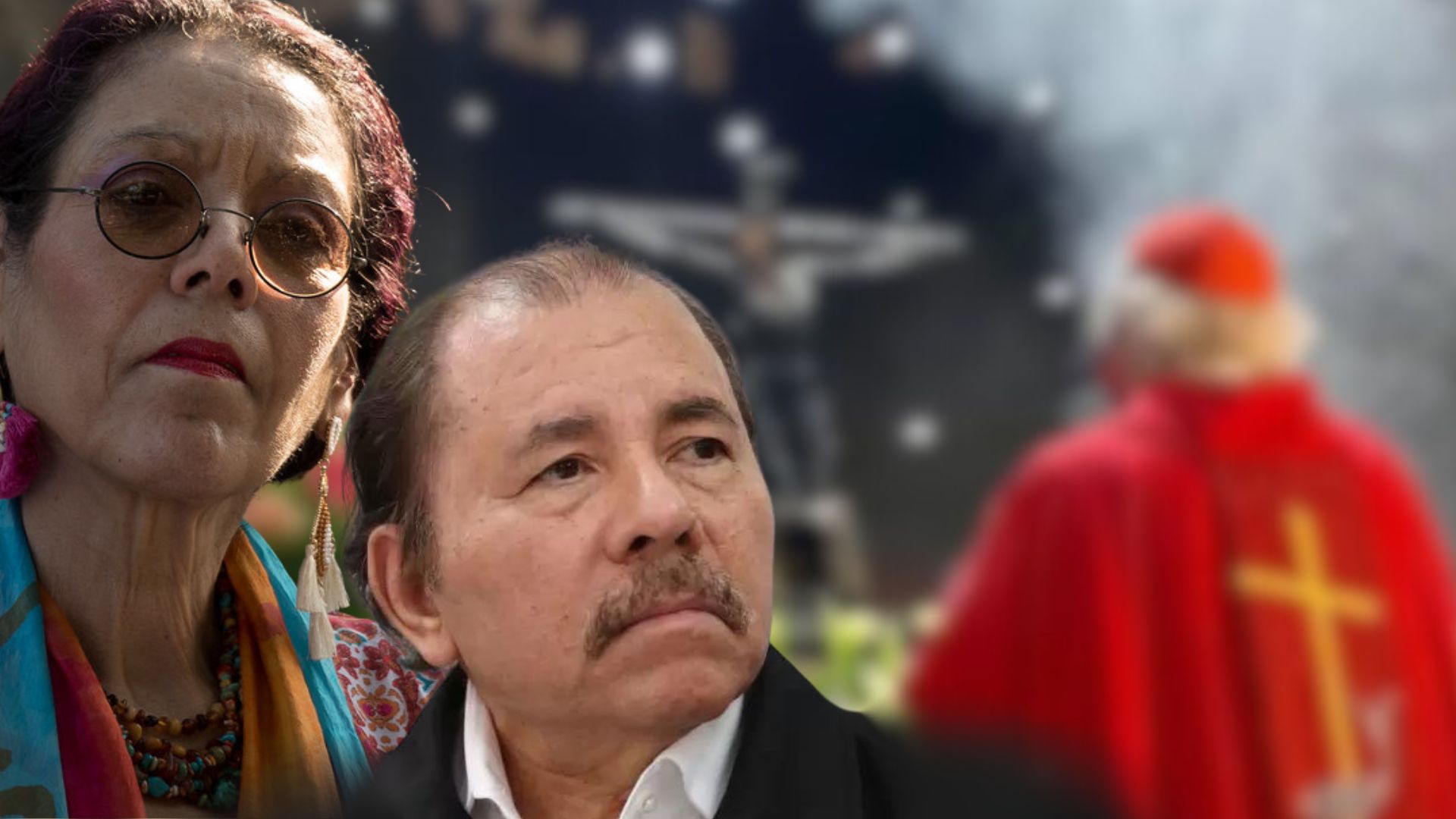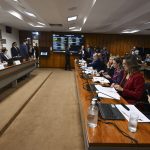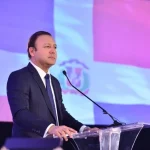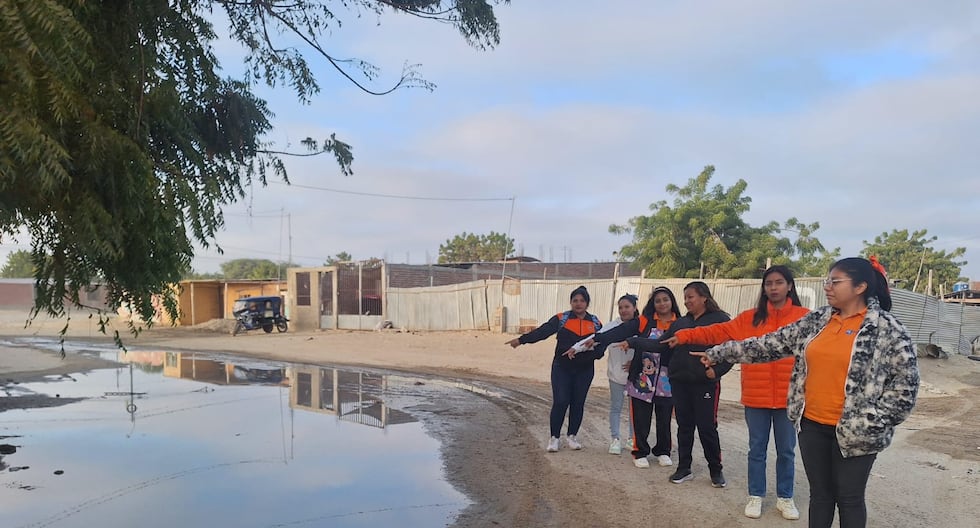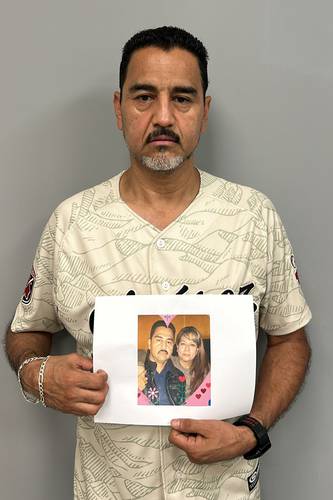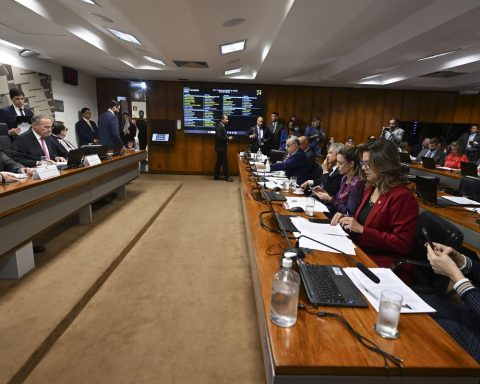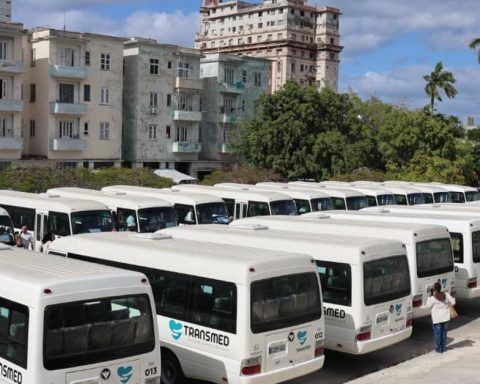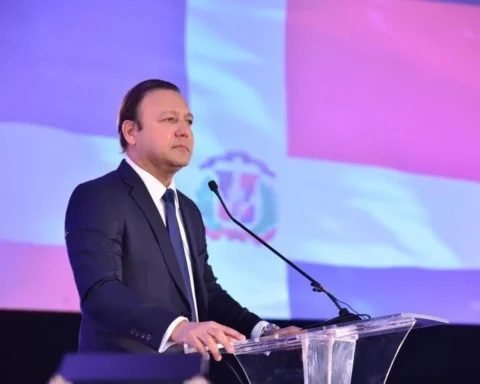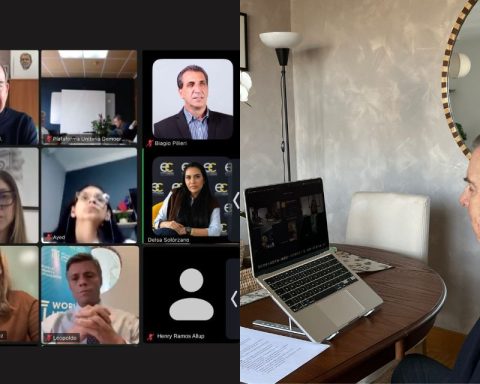The silence maintained by the Catholic Church in the face of constant repression against its leaders is a “complicit” silence in favor of the dictatorship of Daniel Ortega and Rosario Murillo, denounces lawyer and human rights defender Danny Ramírez Ayérdiz, executive secretary of the Inter-American Legal Assistance Center for Human Rights (Calidh).
The activist claims that by keeping silent, Catholic leaders are acting in a “pusilanimous” and “cowardly” manner. Since 2018, the regime has increased its persecution of representatives of the religious institution, which it accuses of being “complicit” in an alleged “coup d’état,” which was actually a civic rebellion by Nicaraguans in the face of widespread weariness with state corruption and repression.
“In terms of human rights, the State is using all its forces to destroy, in institutional terms, the Church. And the worst thing is that the CEN (Episcopal Conference of Nicaragua) remains silent. Cardinal (Leopoldo) Brenes remains silent,” said Ramírez Ayérdiz in an interview on the program En Contacto, produced by Article 66.
Related news: Father Denis Martinez, parish vicar of the Cathedral of Matagalpa, is reported to have been “kidnapped”
Ramírez, who was also one of the victims whose Nicaraguan nationality was stripped from Ortega’s government and who had to be taken in by Argentina, recalled that the levels of repression “have also reached the highest hierarchs,” mentioning the case of Monsignor Rolando Álvarez, who was imprisoned for more than 500 days and then – in January 2024 – was exiled along with 17 other priests to the Vatican.
“If this is the position that the Pope (Francis) is asking the Nicaraguan Church to take (silence), I think that it does nothing. And, at this rate, the Nicaraguan Church will be empty; there will be no one. That is to say, at some point, the Church in Nicaragua will be a Sandinista church, where due to a lack of ministers, the one who will appoint the priests – I am speaking in exaggerated terms – will be the regime, even the cardinal will be expelled if possible (…) all this in the face of a silence that seems to me pusillanimous and cowardly,” Ramírez insisted.
Recently, the Ortega regime also exiled seven other priests from the Diocese of Matagalpa and Estelí, after holding them for several days in “seminary prison” in Managua. In addition, in the morning hours of August 11, according to a complaint by lawyer Martha Patricia Molina, it also ordered the arrest of priest Denis Martínez, parish vicar of the Cathedral of Matagalpa.
Ramírez, when questioned about the additional risk that the Catholic Church would assume by breaking its silence and condemning the actions of the dictatorship, mentioned that these calls have already been made on other occasions, exemplifying with the statements made when the regime imprisoned Monsignor Rolando José Álvarez, bishop of the Diocese of Matagalpa and apostolic administrator of the Diocese of Estelí.
«If other religious people are arrested, the position should be the same. I could understand the excess of caution at a time when the conditions are not known where they will lead, but at a time when the attack is frontal, prudence should point towards the defense of the clerics themselves. The Church has a social doctrine, which was revised at the Second Vatican Council, in one of its human rights dicasteries. We have written everywhere, we have made it clear that it is necessary for the Church of Nicaragua to speak out, because it is the Church of Nicaragua that has to speak out,» said the executive secretary of Calidh.
Related news: Nicaraguan Vice-Dictator Celebrates Priests’ Banishment: “We Prioritize Peace, Which Is Justice”
He added that as defenders they are not looking for another martyr of the Church in the region, recalling the case of Monsignor Oscar Arnulfo Romero, the Salvadoran religious man assassinated on March 24, 1980 in retaliation for his work as a defender of human rights. In those same years, “the persecuted Church also stood up to the revolutionary regime, and that is why I must describe Cardinal Brenes as pusillanimous and cowardly,” he stressed.
“I understand the fears, but if they are not only in the role of administrators, but also of defenders (…) the posture of silence is of no use. A bishops’ conference that issues a clear letter, which is disseminated everywhere, as should be expected, would be an enormous scandal, and it is something that many Nicaraguans have been waiting for for a long time,” he insisted.
The aim of the dictatorship is to “sow terror”
Calidh’s executive secretary stressed that all this persecution and mass raids against members of the Church are primarily aimed at keeping the population “in terror.”
In a report that the organization documented on human rights violations in the first seven months of 2024, it is highlighted that the “parishioners are also victims of this persecution, because by prohibiting the public celebration of matters of faith, expressions or demonstrations of public faith are also directly affecting the population that wants to go on the pilgrimage, that wants to carry the saint (in relation to the processions that have been prohibited).”
Related news: Dictatorship exiles seven Nicaraguan priests to Rome whom it kept in “seminary prison”
He also explained that the dictatorship is committing the “specific crime of religious persecution. The Center observed that harassment, exile, and the emptying of parishes continue. The harassment of parishioners has intensified, as has the spying of paramilitaries and CPCs (Sandinista militants organized by neighborhoods) in parishes and chapels, and the confinement of celebrations, limited to the atriums. We believe, and we said so in a statement we published a few weeks ago, that one of the characteristics of this semester is the speed with which these repressive actions are committed.”
The defender lamented that currently in Nicaragua “the population is suppressed in its rights, but it is also immobilized; they cannot move to demand their rights and freedoms in any area, in the street, or by presenting themselves to a State institution. Whatever it is, the Nicaraguan population is immobilized, because there are even these searches on social networks that can lead you to jail.”
